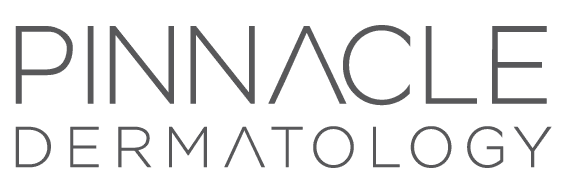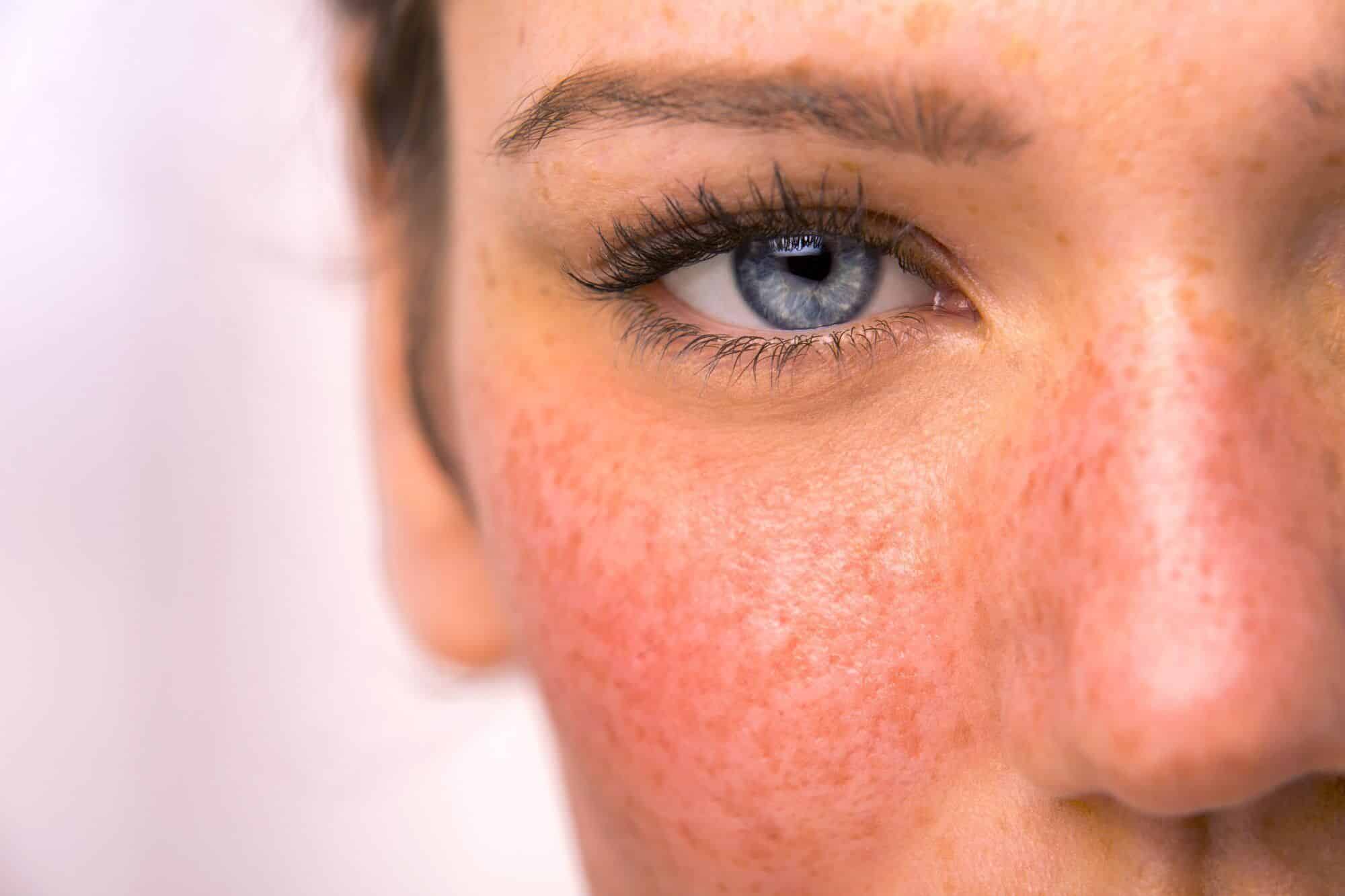May is Skin Cancer Awareness Month, a time dedicated to raising awareness about the most…

How to Treat Eczema – Eczema Treatment FAQs
An estimated 31.7 million people in the U.S. suffer from eczema. While a seemingly common skin condition, those with eczema can experience debilitating discomfort—both physically and mentally. At Pinnacle Dermatology in Beaufort, SC, it’s our mission to help you feel comfortable in your own skin.
In this blog, we answer some of the most frequently asked questions surrounding popular eczema treatments while exploring more contemporary treatment options available. Understand your condition, treat your condition, and take steps to prevent your condition from plaguing your life at Pinnacle Dermatology!
What Is Eczema?
Eczema is a skin condition that causes inflamed patches of dry skin, rashes, itchiness, blisters, and even skin infections. Anyone can get eczema, but it’s most common for people to develop it as young children, in their 20s, or later in life, around 50. Many children can outgrow eczema, but severe cases may stick around.
There are a few types of eczema, including atopic dermatitis, contact dermatitis, and stasis dermatitis. Each type of eczema is different and is distinguished by its symptoms. At Pinnacle Dermatology, we specialize in treating atopic dermatitis, which causes a weakened skin barrier that results in red, rash-like patches anywhere on the body.
Is Eczema Genetic?
Multiple genes must all be present to inherit eczema. The genes that cause atopic eczema can differ from person to person, so it’s difficult to predict whether or not you’ll inherit eczema from a parent.
Studies are still ongoing, but we know you’re much more likely to have eczema if there’s a family history. However, atopic dermatitis is not contagious and cannot be directly passed from person to person through contact.
What Are Eczema Triggers?
Each case of eczema is different, but there are some common triggers you can avoid to ease your eczema symptoms.
Some common triggers of eczema include:
- Certain soaps, detergents, shampoos, body washes, and cleaning products
- Cold, dry weather
- Pollen, dust, pet dander, and mold
- Specific food allergies like milk, soy, or wheat allergies
- Wool or synthetic fabrics
- Skin infections
- Stress
- Dry skin
While it may feel like the list is never-ending, if you can identify your own eczema triggers, you may find relief from your symptoms. We recommend you keep a journal about your symptoms, including when they get better or worse. Then, you can identify a pattern to relieve the persistent itchiness and redness.
What Is the Best Over the Counter (OTC) Treatment for Eczema?
Moisturizers, creams, and lotions are some of the best ways to protect and hydrate your skin barrier. After your bath or shower, make sure to liberally apply a moisturizer to avoid accidentally drying out your skin. At Pinnacle Dermatology, we recommend products by Cerave® and Cetaphil® because they’re hypoallergenic, anti-itch, and formulated with ingredients to reduce inflammation.
Beyond moisturizers, various OTC products can help you manage your atopic dermatitis symptoms, including antihistamines, pain relievers, topical hydrocortisone, and shampoos. These products can be highly effective for managing eczema, but we recommend speaking with your dermatologist before adding any products to your daily regimen.
What Other Treatments Are Available for Eczema?
While there is currently no cure for eczema, our dermatologists can create a customized treatment plan for you, combining various products to reduce your eczema symptoms. Pinnacle Dermatology uses topicals, phototherapy, systemics, and over-the-counter products to help you lead a more confident, itch-free life.
Topical Medications
Topical medications are remedies applied directly to the skin, usually in areas of a flare-up. The most common form of topical eczema medication is topical corticosteroids, or steroids, for short. These topical steroids vary in strength, and many are classified as inhibitors. As inhibitors, these steroids block specific cells from carrying out the actions that create the symptoms of eczema.
Phototherapy
Phototherapy, also known as light therapy, emits powerful bursts of light to reduce the inflammatory response in the skin. You may require multiple appointments over a few months to see results, but your dermatologist can customize your treatment plan to your skin. Phototherapy is typically prescribed for those who see minimal or no results from other medications and can be very effective for those with stubborn eczema.
Systemic Medications
Systemic medications treat a particular condition but affect the entire body. The most common systemic prescription medication for eczema is Dupixent, but your dermatologist may also prescribe other systemics. Since people with eczema typically have an overactive immune system, most systemic drugs suppress the proteins that cause severe inflammation.
Take Control of Your Eczema with Pinnacle Dermatology
At Pinnacle Dermatology, we understand there’s no one-size-fits-all treatment for atopic dermatitis. From OTC medications, steroids, light therapy, and more, these remedies, or a combination of a few, may be effective in helping you manage your eczema. It’s our hope that with our customized treatment plans, you can feel more confident in your skin.
Find the Relief Your Deserve in Beaufort & Bluffton, SC
Identify, manage, and treat your eczema symptoms with the team of experts at Pinnacle Dermatology. We can create an individualized treatment plan for you and be with you every step of the way. Call us at (834) 524-5550 or contact us online to schedule an appointment today!



